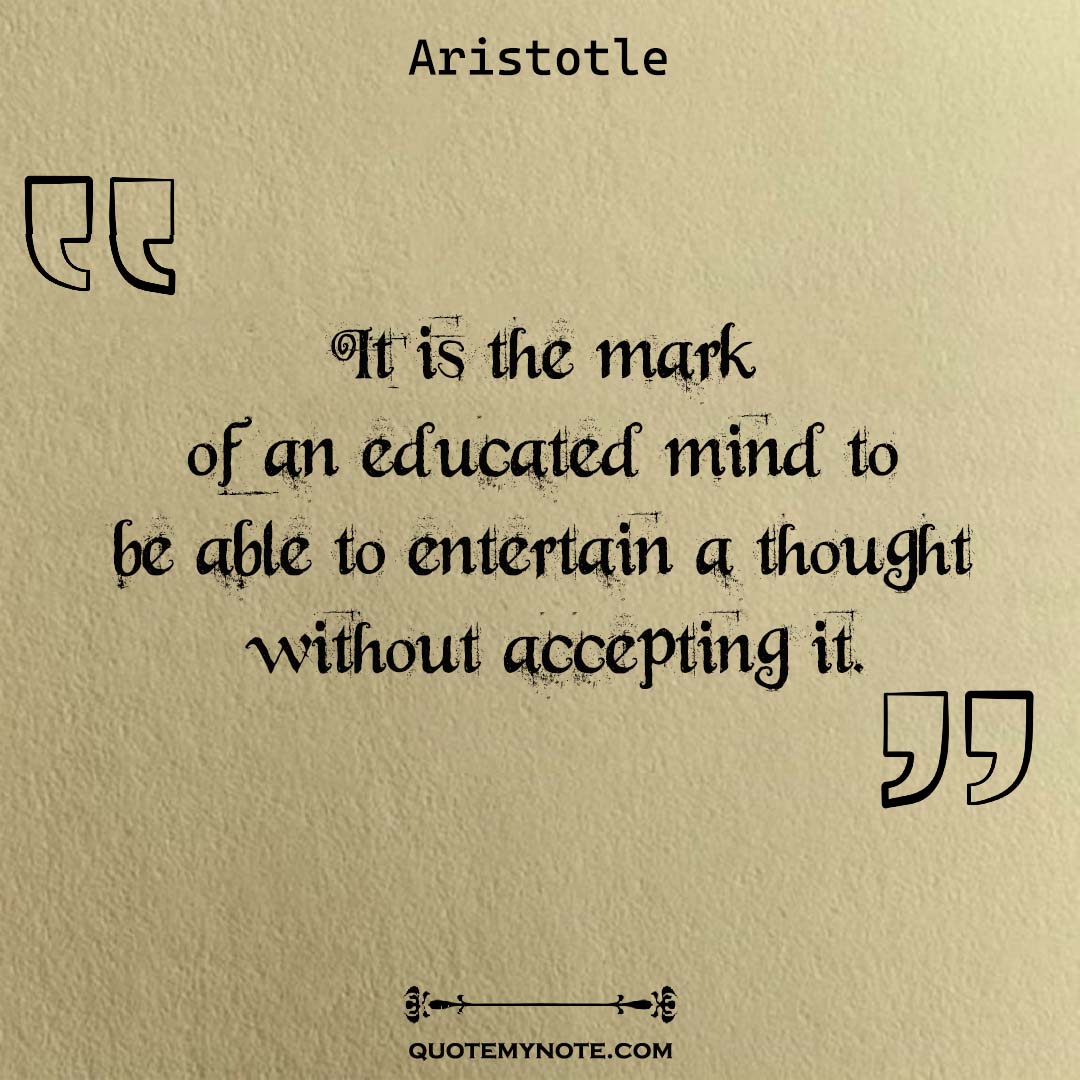Aristotle Quotes for Inspiration and Motivation

Aristotle (384-322 BCE)
Aristotle was a Greek philosopher and polymath who made significant contributions to various fields, including philosophy, science, and ethics. He was a student of Plato and tutored Alexander the Great.
Life and Works
Aristotle was born in Stagira, a small town in ancient Macedonia. His father, Nicomachus, was a physician at the royal court. Aristotle's interest in philosophy began at an early age, and he joined Plato's Academy in Athens at the age of 17.
After Plato's death, Aristotle tutored Alexander the Great and later established his own philosophical school in Athens, known as the Lyceum. He spent the last 12 years of his life in Athens, where he taught, researched, and wrote extensively.
Philosophical Contributions
Aristotle's philosophical contributions spanned many areas, including:
- Metaphysics: Aristotle's concept of substance, potentiality, and actuality laid the foundation for Western metaphysics.
- Logic: Aristotle developed the syllogism, a method of logical reasoning that remained influential for centuries.
- Ethics: Aristotle's Nicomachean Ethics explored the nature of virtue, happiness, and the good life.
- Biology: Aristotle's work in biology, particularly his classification of living things, laid the groundwork for modern taxonomy.
Legacy
Aristotle's impact on Western philosophy and science is immeasurable. His ideas have influenced countless thinkers, scientists, and philosophers throughout history, including Thomas Aquinas, René Descartes, and Immanuel Kant.
Beautiful and Inspirational Quotes by Aristotle

It is the mark of an educated mind to be able to entertain a thought without accepting it.
Aristotle
Educating the mind without educating the heart is no education at all.
Aristotle


No great mind has ever existed without a touch of madness.
Aristotle
Conclusion
Today, Aristotle's works remain widely studied and admired, offering insights into the natural world, human nature, and the pursuit of knowledge and wisdom.